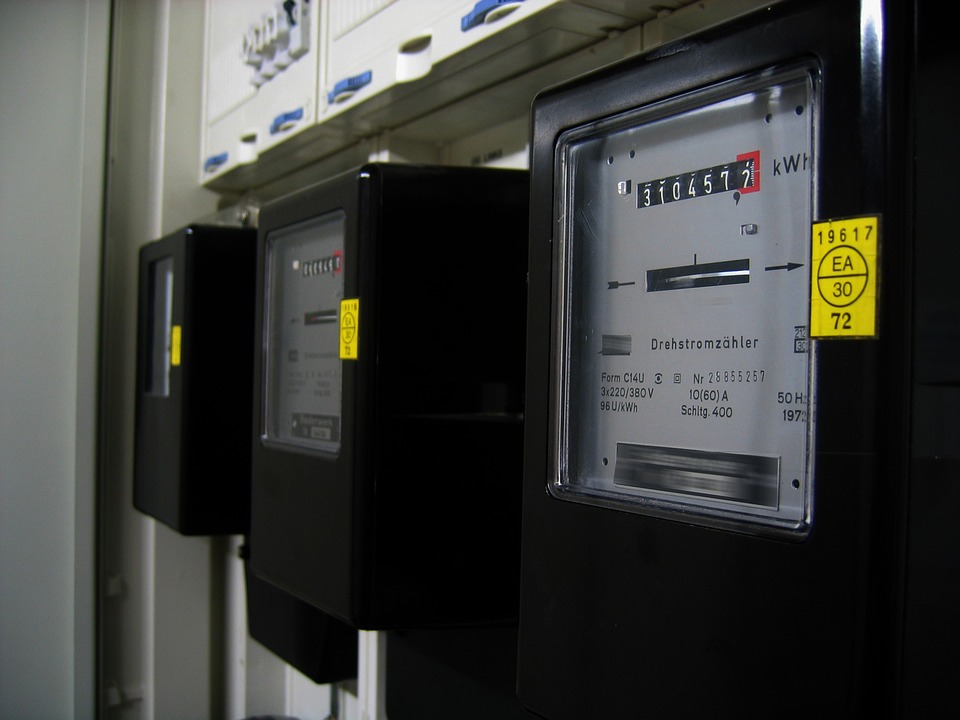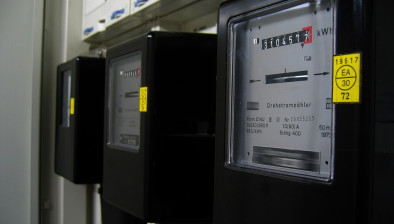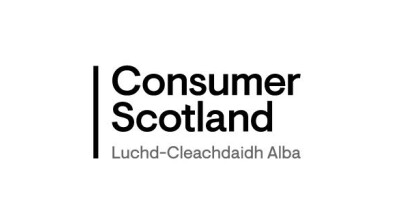Energy suppliers sign new Code of Practice covering forced installation of prepayment meters

All British domestic energy suppliers have today signed up to an updated Code of Practice that will ban the forced installation of prepayment meters (PPMs) in the homes of people over the age of 85.
The new Code, which sets out clear procedures that suppliers must follow, was developed in consultation with Citizens Advice, Energy UK and other key stakeholders. Implementation of the Code will be subject to new detailed monitoring by energy regulator Ofgem.
Ofgem requires suppliers to work with, and support customers, who are struggling to pay their bills, to limit the build-up of bad debt, for the benefit of all consumers.
The watchdog is already investigating suspected poor practice in the forced installation of PPMs, including through a market-wide review.
The Code builds on existing protections by setting out more specific high-risk categories, where involuntary installations should be banned. It also clarifies that every single involuntary installation is always the last resort, when all other options have been exhausted – and only where it is safe and practicable to do so.
Suppliers should not restart involuntary PPMs until they can demonstrate readiness to implement the new Code.
Ofgem will be consulting on incorporating the Code into suppliers’ licences, which would make it legally enforceable.
All of the existing rules and provisions remain enforceable and Ofgem continues to check compliance against them.
The Code includes that suppliers and their contractors must:
- Make at least 10 attempts to contact a customer before a PPM is installed
- Carry out a site welfare visit before a PPM is installed
- Refrain from all involuntary installations for the highest risk customers including: Households which require a continuous supply for health reasons, including dependence on powered medical equipment; People over 85 years of age (if there is no other support in the house); Households with residents with severe health issues including terminal illnesses or those with a medical dependency on a warm home (for example due to illness such as emphysema, chronic bronchitis, sickle cell disease); Where there is no one within the household that has the ability to top up the meter due to physical or mental incapacity
- Audio or body cameras worn by lead supplier representative present on all warrant installations or site welfare visits to check for vulnerabilities ahead of an involuntary installation or remote mode switch. All audio and footage will be available for audit
- Give a £30 credit per meter (or equivalent non-disconnection period) applied on all warrant installations and remote switches as a short-term credit/measure to remove the risk of customers going off supply
- Re-assess the case once a customer has repaid debts owed. Suppliers must contact the customer to offer assessment of whether a PPM remains the most suitable and preferred payment method of choice for consumers; if any PPM customer is clear of debt and wishes to move off PPM (understanding any changes in the tariff they will pay), the supplier must agree where the customer passes any required credit checks.
Jonathan Brearley, CEO of Ofgem, said: “Ofgem’s new voluntary Code of Practice is a minimum standard that clearly sets out steps all suppliers must take before moving to a PPM. If and when involuntary PPMs are used, it must be as a last resort, and customers in vulnerable situations will be given the extra care and consideration they deserve, over and above the rules already in place, by suppliers – something that has clearly not always been happening.
“This new Code of Practice means, for some people, PPMs should never be installed, and, for high-risk groups, their energy needs must be protected with a higher level of consideration. The Code requires suppliers to become more attuned to the needs of all their customers in vulnerable situations, including if their circumstances change and reassessing if or when they do, and apply better compassion and professional expertise.
“We expect the overall number of involuntary PPM installations will fall over time, and we recognise that a careful balance is required to help manage debt, while protecting customers in vulnerable situations. So, this Code, whilst an important next step, is not the end of the journey.
“We will be turning this Code into clear rules and regulations, and will be assessing its impact and taking further views from stakeholders as we do so. Equally, we continue to work with government and others to tackle wider affordability issues and move towards a sustainable, longer-term solution to ensure energy needs are affordable for all consumers, such as a social tariff and, eventually, cheaper, renewable, homegrown energy for all.”
Consumer Scotland chief executive Sam Ghibaldan said: “We welcome the publication of the new Code of Practice and Ofgem’s proactive approach to bring together consumer bodies and energy suppliers to help develop it.
“Ofgem now needs to ensure suppliers comply with the new Code.
“We support a number of the enhanced protections outlined in the Code, including the precautionary principle, explicit reference to the installation of involuntary prepayment meters being a last resort, and assessments of financial vulnerability.
“The requirement that energy suppliers must make multiple attempts to contact customers by a range of methods, including a site welfare visit, and the protection of consumers with high risk characteristics, also offer important protection for consumers.
“The Code will also require suppliers to make it easier for consumers to change back to a credit meter once their debt has been cleared.
“The Code represents a significant step towards stronger consumer protection and we will continue to engage on further improving the service provided to prepayment meters customers, including through the use of smart meters.”
Citizens Advice Scotland social justice spokesperson Stephanie Millar said: “People were horrified to see stories of PPMs being forcibly installed last year, so any action on this from Ofgem is welcome. However this voluntary code of practice doesn’t go nearly far enough.
“The threshold which suppliers agree to not install meters is too high – for example households with kids under two would still be at risk of forced installations under this code.
“For some PPM customers, energy is a luxury they can only afford in the first week or two of the month, and they then go without until the next payday.
“That’s unsustainable and unacceptable – but it’s an inescapable reality for many just now, and more people will be exposed to that risk without sufficient protections.
“We need a permanent ban on mandatory PPMs, whether that is physically installing them in people’s homes or remote switching a smart meter.
“This is all reflective of a broken system, where people find themselves in debt because costs are too high and incomes are too low. That’s why we need to see a social tariff in the energy sector.”






